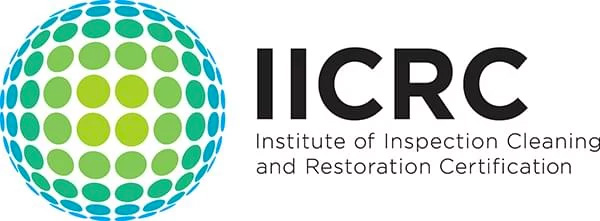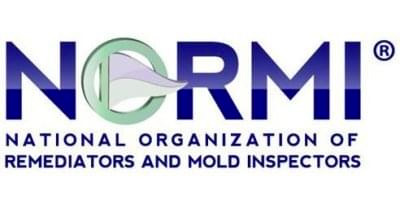The Dangers of Dishwasher Leaks and How to Fix Them
Dishwashers are a convenient appliance in many homes, saving time and effort in cleaning dishes. However, when a dishwasher leaks, it can cause more harm than good. If left unattended, even small leaks can lead to significant damage, including ruined kitchen floors, mold growth, and increased water bills.
This article, put together by Markham Services, aims to highlight the dangers of dishwasher leaks and offer practical steps to fix them. Whether you are a homeowner dealing with a minor leak or a property manager trying to prevent damage in rental properties, understanding the risks and solutions is essential.
Common Causes of Dishwasher Leaks
Dishwasher leaks often occur due to a variety of issues, and identifying the cause is the first step in fixing the problem. Some typical reasons for dishwasher leaks include:
- Worn-out door gasket: The gasket, or rubber seal around the dishwasher door, helps to keep water inside. Over time, this rubber can wear out, crack, or loosen, leading to water escaping through the door.
- Loose or damaged hoses: A dishwasher has several hoses that connect it to your water supply and drainage system. If these hoses become loose or develop cracks, they can cause leaks under or around the dishwasher.
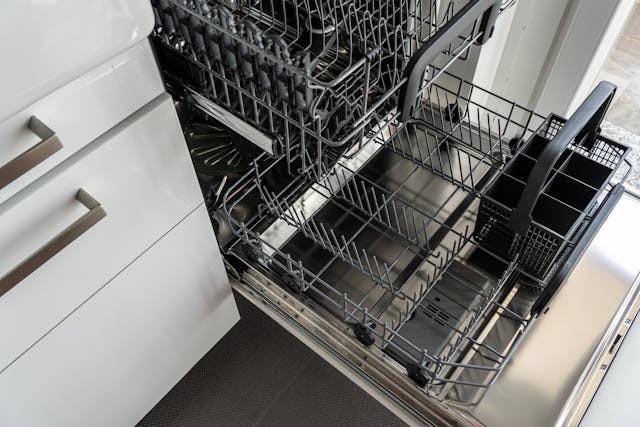
- Faulty water inlet valve: The water inlet valve regulates how water enters the dishwasher. If it malfunctions, it can either let in too much water or not close properly, causing water to overflow.
- Clogged filter or drain: If the dishwasher's filter or drain is blocked, water may not drain properly, leading to standing water that eventually leaks onto the kitchen floor.
- Overloading the dishwasher: While it may seem tempting to pack the dishwasher full to avoid multiple loads, overloading it can cause water to spill out during the wash cycle, leading to leaks.
The Dangers of Ignoring Dishwasher Leaks
Ignoring dishwasher leaks, even small ones, can result in serious consequences:
- Water damage to floors and cabinets: When water leaks from a dishwasher, it usually ends up on the floor. Over time, this can lead to warping, buckling, and staining of wooden floors or kitchen cabinets. If the leak continues, it can even weaken the structural integrity of your kitchen flooring, leading to expensive repairs.
- Mold growth: A damp environment is a perfect breeding ground for mold and mildew. Once mold begins to grow, it can spread quickly, affecting not just the dishwasher area but other parts of your kitchen. Mold is not only unsightly but can also cause health problems, especially for people with allergies or respiratory issues.
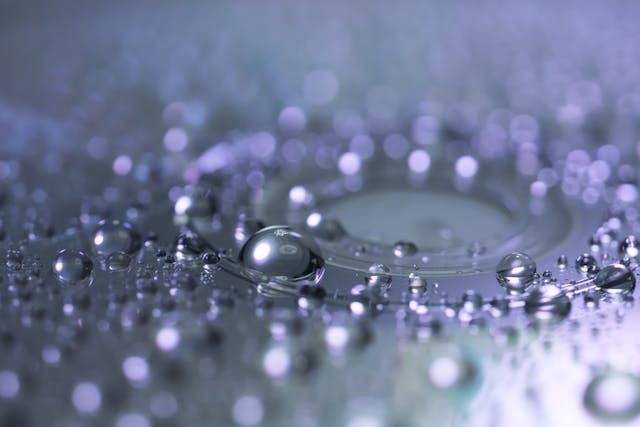
- Increased water bills: Even minor leaks can result in significant water waste over time. This not only impacts the environment but can also lead to higher water bills. If you're a landlord, unchecked leaks could cause disputes with tenants over increased utility costs.
- Damage to electrical components: Dishwashers have electrical components that can be damaged by water exposure. If water seeps into these parts, it can cause short circuits or other electrical issues, potentially leading to the need for costly repairs or even replacing the entire unit.
How to Fix a Dishwasher Leak
If you notice your dishwasher leaking, it’s important to act quickly to prevent further damage. Here are the steps you can take to fix a leak:
- Turn off the power and water supply: Before you start working on the dishwasher, make sure to turn off the power to avoid any electrical hazards. You should also shut off the water supply to prevent more water from leaking.
- Inspect the door gasket: Check the door seal for signs of wear, cracks, or damage. A damaged gasket will need to be replaced. This is a relatively simple fix. You can purchase a replacement gasket at most hardware stores, and the installation process is straightforward—simply remove the old gasket and press the new one into place.
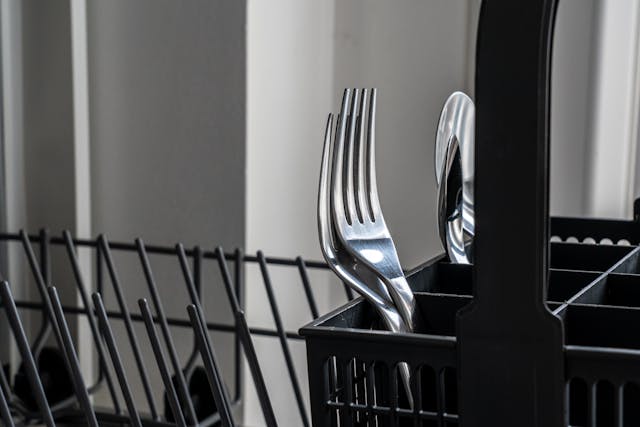
- Check the hoses: Examine the hoses connected to your dishwasher for any cracks or looseness. If the hoses are damaged, replace them immediately. If they are loose, tighten the connections to ensure there are no gaps for water to escape. Be sure to check both the water supply hose and the drain hose.
- Clean the filter and drain: If the dishwasher isn’t draining properly, this could be due to a clogged filter or drain. Remove the bottom rack of the dishwasher and clean out any debris from the filter or drain. Ensure that there are no obstructions affecting the water flow.
- Examine the water inlet valve: If the water inlet valve is the culprit, you may need to replace it. This can be a bit more technical, so if you’re not comfortable with DIY repairs, it might be best to call a professional to handle this part.
- Don’t overload the dishwasher: One of the easiest ways to prevent future leaks is by using the dishwasher correctly. Avoid overloading it, as this can cause water to spill out during the wash cycle. Make sure the dishes are loaded properly so that water can flow freely through the appliance.
When to Call a Professional
While many dishwasher leaks can be fixed with basic tools and a little effort, some situations require the expertise of a professional.
For example, if the leak is caused by an electrical problem or if you can’t identify the source of the leak, it’s best to consult a repair technician. Professional repair services can also help if you’ve tried fixing the issue yourself but the leak persists.

If you’re a landlord, hiring a professional is especially important. A professional can provide a thorough inspection and repair, ensuring that your rental property is safe from potential water damage, mold growth, or other long-term issues that could affect your tenants.
Bottom Line
Dishwasher leaks may seem like a small issue, but they can cause significant damage if not addressed promptly. From potential water damage to mold growth and increased utility costs, the consequences of neglecting a leak can be severe. Fortunately, many leaks can be managed with some basic repairs and preventive measures.
At Markham Services, we are dedicated to protecting your indoor environment from the dangers of mold and other microbial contaminants.
Our team of Certified Mold Inspectors and Certified Indoor Environmentalists is equipped to handle not just mold inspections and testing, but also the prevention and maintenance needed to keep your property safe and dry.
We cater to a wide range of clients, including homeowners, tenants, property managers, and commercial property owners, ensuring that no job is too small or too large for us. If you’re dealing with a dishwasher leak or any other potential water damage, contact Markham Services today.
Our professional team can provide thorough inspections and preventive maintenance to safeguard your property against mold and water damage. Get in touch with us now for a free consultation and let us help you maintain a safe and healthy indoor environment.
